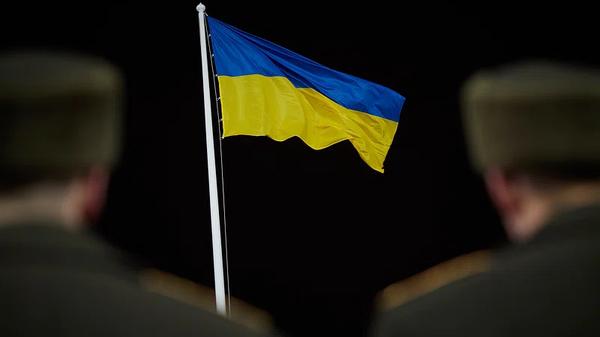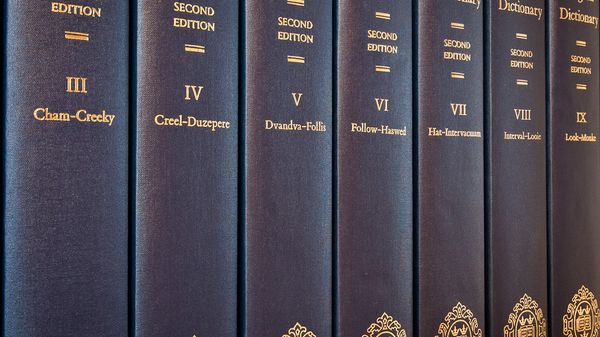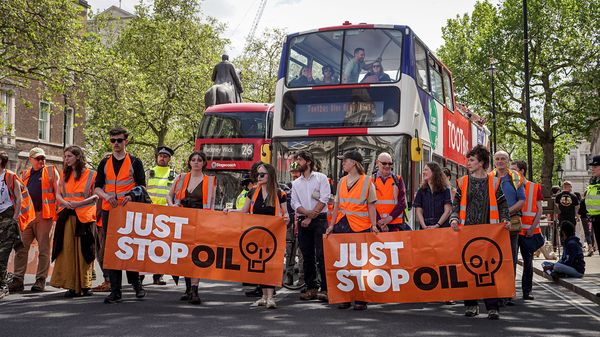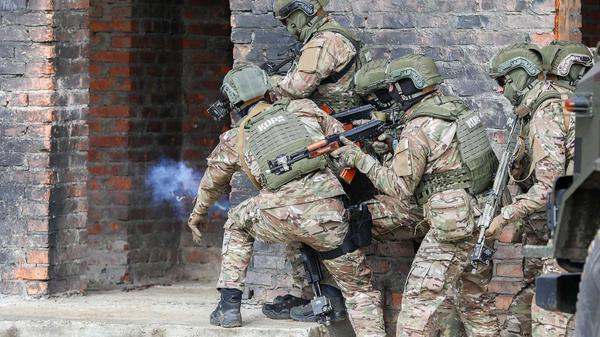
Can Data Find Me a Dupe?

Disrupting the Diglossia: The Revival of Ukrainian

What is a Dictionary?

Cost-Benefit: The Logic Behind Radical Action

Why business needs diversity

Specialists versus Generalists: Getting the Balance Right

Why do we care about data privacy?

The Qualitative Canon Series: Trope Analysis

Armed Forces Day: What can we learn from the military?

Test cricket: Is it getting easier to bat last?

What does responsible and ethical AI look like?

Armed Forces Day: What can we learn from military decision-making?
Page 1/9













